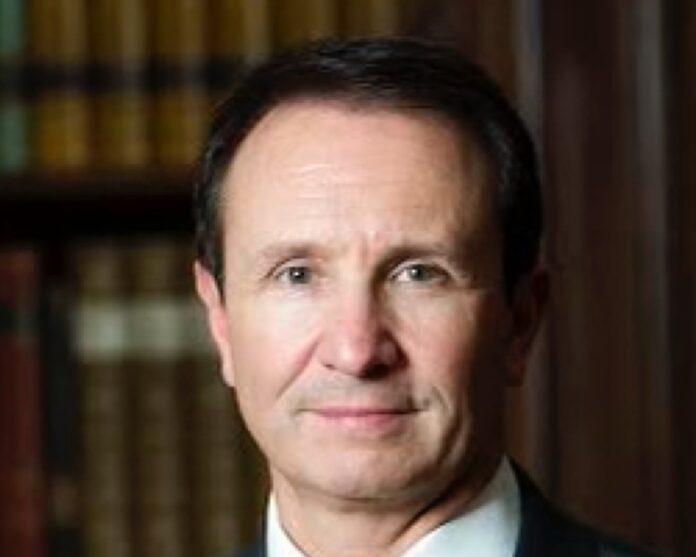Baton Rouge, LA (2/13/2024) – In a move that has ignited controversy and disappointment among educators across the state, Governor Landry Landry has refused to support a permanent teacher pay raise, confirming the fears of many in the education sector. Despite allocating $198 million in his budget proposal for support staff and teachers, the absence of a commitment to a lasting salary increase has drawn sharp criticism.
Governor Landry cited concerns over the permanency of the pay raise, arguing that committing to it would make it difficult to retract should the state encounter financial deficits in the future. This reasoning has left many educators disillusioned, as they had hoped for a sustainable solution to address the longstanding issue of teacher compensation.
The decision not to endorse a permanent pay raise has been met with disappointment from teachers’ unions and advocacy groups, who see it as a missed opportunity to prioritize the well-being and livelihoods of educators. Many argue that investing in a permanent salary increase is crucial for retaining talented teachers and improving the overall quality of education in the state.
“This decision confirms our worst fears,” remarked a spokesperson for the state’s teachers’ union. “Educators have been advocating for fair and sustainable pay increases for years, and to be met with hesitation and uncertainty is deeply disheartening.”
The debate over teacher compensation has been a recurring issue in Louisiana, with educators frequently voicing their frustration over stagnant wages and inadequate support. While Governor Landry’s budget proposal does allocate significant funding for support staff and teachers, the absence of a permanent pay raise has overshadowed these efforts in the eyes of many.
In response to the backlash, Governor Landry’s office has emphasized the need for fiscal responsibility and prudent budgeting, suggesting that alternative solutions may be explored to address teacher compensation without committing to a permanent raise. However, this assurance has done little to assuage the concerns of educators who feel undervalued and overlooked.
As the discussion unfolds, the fate of teacher pay raises in Louisiana remains uncertain. With stakeholders on both sides of the issue advocating passionately for their respective positions, the debate is likely to continue as policymakers weigh the competing demands of fiscal restraint and investment in education.







